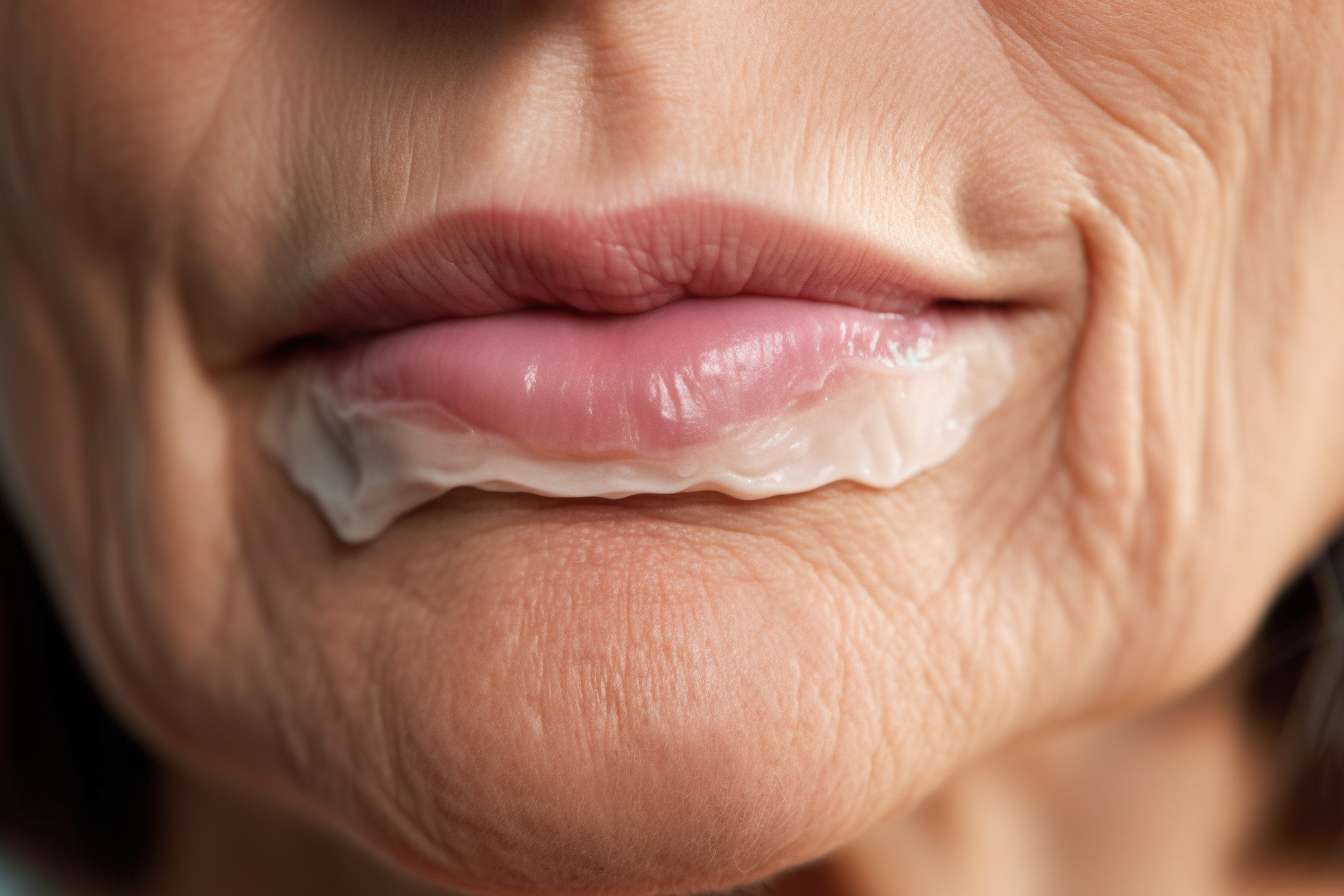Best Vitamin for Wrinkle Care and Hydration in 2025: Niacinamide Skincare Guide
Did you know niacinamide enhances skin hydration and reduces wrinkles by strengthening the skin barrier and calming inflammation effectively? This comprehensive guide explains its benefits, usage, and how it compares to other essential vitamins for healthy, youthful skin.

Why Niacinamide Is Considered Helpful for Wrinkle Care and Hydration
Niacinamide’s adaptability in skincare is supported by professional guidance and consumer feedback as of 2025. It targets multiple skin concerns, enhancing overall appearance, which makes it a frequent choice for those wanting to address wrinkles, fine lines, and dryness.
Supports Skin Barrier and Helps Retain Moisture
Niacinamide aids in boosting production of ceramides and keratin, essential components of the skin’s natural barrier. This barrier helps prevent moisture loss and shields skin from environmental stressors. By reinforcing this lipid (fatty) barrier, niacinamide may lower transepidermal water loss (TEWL), potentially leading to improved skin hydration and a plumper look.
Properly hydrated skin often maintains elasticity and softness, which supports managing signs of aging including fine lines.
May Calm Skin and Assist in Reducing Inflammation
Niacinamide has demonstrated anti-inflammatory properties that help soothe skin redness and irritation, possibly benefiting sensitive skin conditions such as rosacea. This calming effect aids skin recovery and repair, which are key for healthy skin maintenance.
Helps Regulate Oil Production and Can Support Pore Appearance
For those with combination or oily skin, niacinamide may assist in controlling sebum production, helping to prevent excessive oiliness. Balanced oil levels may contribute to less visible pores and a smoother skin texture.
Potential to Even Skin Tone and Address Hyperpigmentation
Niacinamide may reduce melanin transfer within the skin, which over time can help diminish dark spots and uneven pigmentation, promoting a more luminous complexion.
Appropriate for Various Skin Types
Niacinamide is generally well tolerated by most skin types, including sensitive and oily skin. Common concentrations in products range from 5% to 10%, which are typically used without irritation. Its gentle nature also allows combining niacinamide with other actives like hyaluronic acid and retinol.
How to Use Niacinamide in Your Skincare Routine in 2025
Niacinamide is found in various formats such as serums, moisturizers, cleansers, and masks. Knowing how to use it properly can help integrate it effectively into your skincare regimen.
Common Product Forms with Niacinamide
- Niacinamide serums (5% to 10%) are commonly applied to target skin texture and hydration.
- Moisturizers containing niacinamide help support hydration and strengthen the skin barrier throughout day or night.
- Cleansers with niacinamide gently nourish the skin during cleansing without stripping natural oils.
Experts frequently recommend pairing niacinamide with other hydrating ingredients like hyaluronic acid and peptides to boost skin wellness.
Suggestions for Usage
- Apply niacinamide products once or twice daily depending on your skin’s needs.
- Use products in order of texture—from lightest (serums) to thicker (moisturizers)—to optimize absorption.
- Conduct a patch test with new products to check for sensitivity.
- Consistent use over weeks is generally required to notice potential benefits.
Considering Niacinamide Compared to Other Vitamins for Skin Aging
Vitamin C and Vitamin E are widely known for their antioxidant benefits and ability to brighten skin; however, niacinamide also offers:
- Support for skin barrier integrity (Vitamin C focuses more on collagen stimulation).
- Regulation of oil production and reduction of pore visibility.
- Anti-inflammatory effects suited for sensitive or aging skin.
- Typically better tolerance for sensitive skin than some Vitamin C formulas.
These features make niacinamide a versatile ingredient for addressing various skin aging concerns.
Importance of Professional Advice and Personalized Skincare
Skincare professionals such as estheticians and dermatologists often recommend niacinamide within thorough care routines. They can customize niacinamide use according to individual skin types and concerns to maximize benefits safely.
Consultation with a skincare expert can help choose appropriate products and routines tailored to your unique skin needs.
Summary: Understanding Niacinamide’s Role in Wrinkle Care and Hydration for 2025
In 2025’s skincare landscape, niacinamide is valued for supporting skin hydration, barrier health, and may help reduce visible aging signs like wrinkles. Its ability to target multiple skin issues with a favorable tolerance profile makes it a commonly suggested ingredient for skin maintenance.
Incorporating niacinamide products—such as serums, moisturizers, or cleansers—into your daily routine can support maintaining hydrated, healthy skin over time.
Sources
- Healthline: The Best Anti-Aging Vitamins and Supplements
- Forbes: The Best Vitamin C Serums That Leave Skin Glowy And Bright
- Kim Gallo Esthetics: The Ultimate Guide To Niacinamide In Skincare
Disclaimer: All content, including text, graphics, images and information, contained on or available through this web site is for general information purposes only. The information and materials contained in these pages and the terms, conditions and descriptions that appear, are subject to change without notice.




